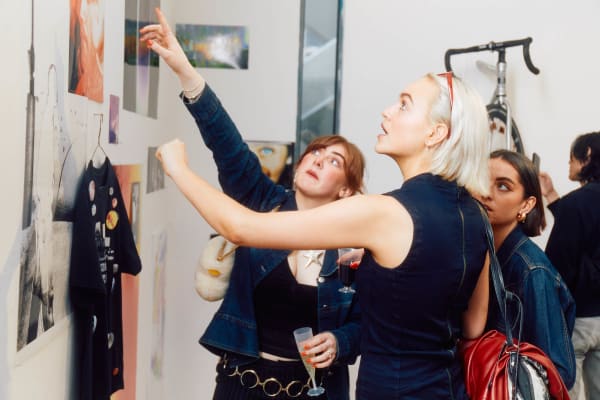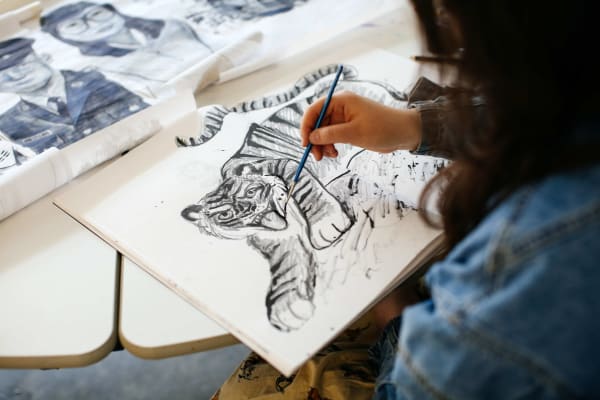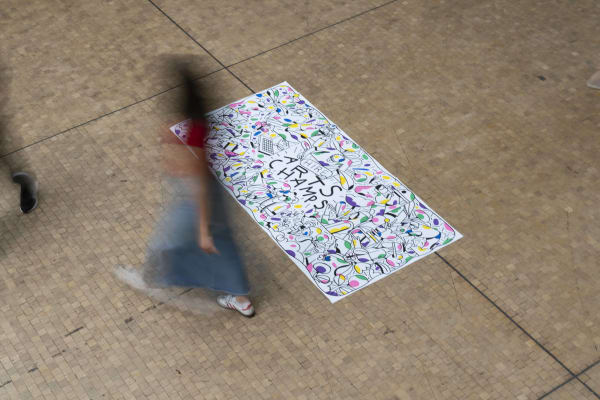Latest stories
-

LCC Shows 2024: Media– Private View, London College of Communication, UAL , Photograph: Paul Perelka Professional Mentoring Programme at UAL
Feeling unsure about life after UAL? Wondering how your creative work turns into a creative career? You’re not alone. The leap from student to professional is exciting, but it can also be overwhelming. What if you had someone who’s already made
-

Giampaolo Zirone, 2022 MA Data Visualisation, London College of Communication, UAL Creative Opportunities 2024/25 Overview
A huge thank you to all our jobseekers and employers for being part of Creative Opportunities. Whether you’re just stepping out of the classroom or already carving your path in the industry, we’re here to help you turn what you love into what
-

Stacy Besco, 2023 MA Illustration, Camberwell College of Arts, UAL , Photograph: Alys Tomlinson -

Arts Champs poster created by UAL Alumni for UAL Arts Temps Value led recruitment
How flexible UAL talent and a social enterprise model are shaping ethical hiring across London’s arts and non-profits sectors.
